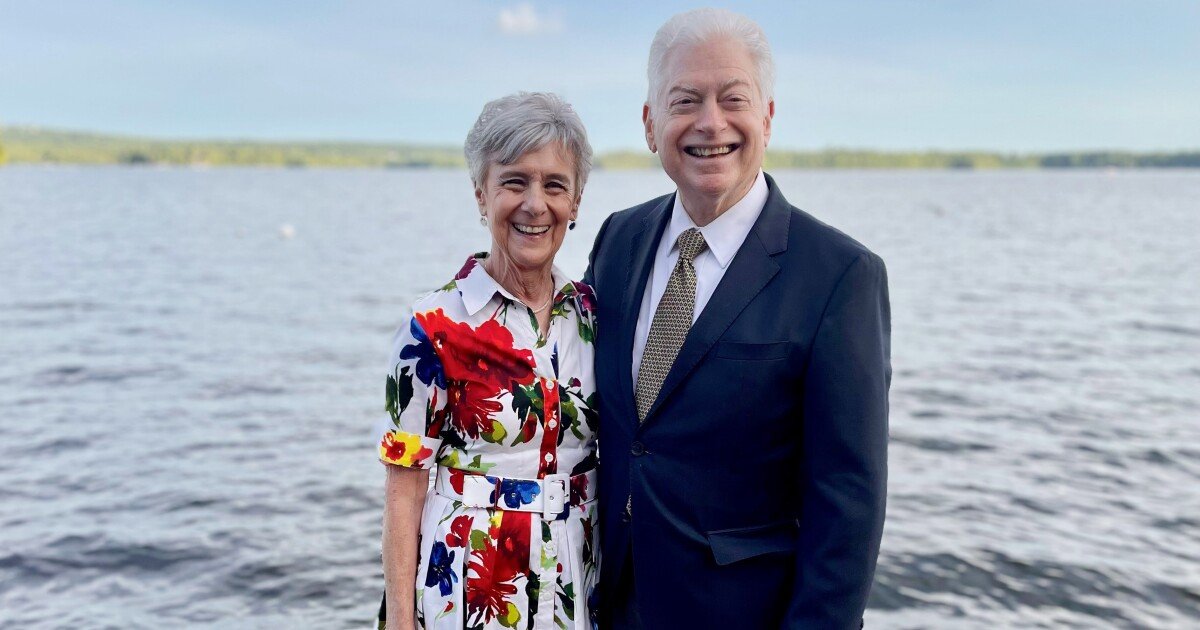Kiké Dueck, an 11-year-old from Regina, Saskatchewan, recently skipped school for a climate change protest, leading to a search by police and family. Concerned about their child’s mental health, Kiké’s parents, Dennie Fornwald and Kris Dueck, learned that Kiké’s actions stemmed from deep-seated climate anxiety.
Kiké has long had a passion for nature, showing interest in birds and plants from a young age. However, after discovering books on climate change, they became increasingly aware of global warming’s impact, leading to feelings of fear and hopelessness. A 2023 study in the Journal of Climate Change and Health found that over 50% of young Canadians feel anxious and powerless about climate change, with 37% reporting that these feelings disrupted their daily lives. Kiké is among this group, struggling with motivation to engage in everyday activities like school and sports.
Kiké expressed their feelings of inadequacy: “I feel bad because I’m not feeling like I’m doing enough… but then I eventually feel better and then I feel like I’m not doing enough again.” Their worries peaked during the summer months, particularly when climate events, such as droughts and wildfires, affected their outdoor activities.
To combat this anxiety, Kiké began taking action. They joined the local EnviroCollective, participating in community projects like door-to-door petition drives and urban tree planting initiatives. Their involvement in these activities helped them channel their worries into constructive efforts, which Kiké described as empowering. “They help me deal with climate anxiety because it’s somewhere to put my care into that isn’t too hard or far-fetched in the future,” Kiké explained.
Kiké’s parents have adapted their parenting approach to support their child’s activism while ensuring their safety. They set boundaries around social media use and school attendance but have committed to driving Kiké to environmental meetings and protests outside of school hours. Fornwald likens climate activism to guiding Kiké in mushroom collecting—both require expert knowledge and supervision.
Through this journey, Kiké’s family engages in open discussions about mental health, fostering a supportive environment. Both Kiké and their parents acknowledge the importance of addressing their feelings. Kiké now works with a counselor who teaches self-care strategies, emphasizing that taking care of oneself is vital for sustained activism.
Kiké’s activism has also influenced their parents, prompting them to adopt sustainable practices like biking to work and improving recycling efforts. They recognize that children can lead adults in environmental responsibility.
Kiké offers a simple yet powerful message to other young people facing similar anxieties: “You don’t have to take on the entire problem by yourself, just do what you can.” This perspective reflects a growing trend among youth, where taking small actions can alleviate feelings of helplessness related to climate change.



